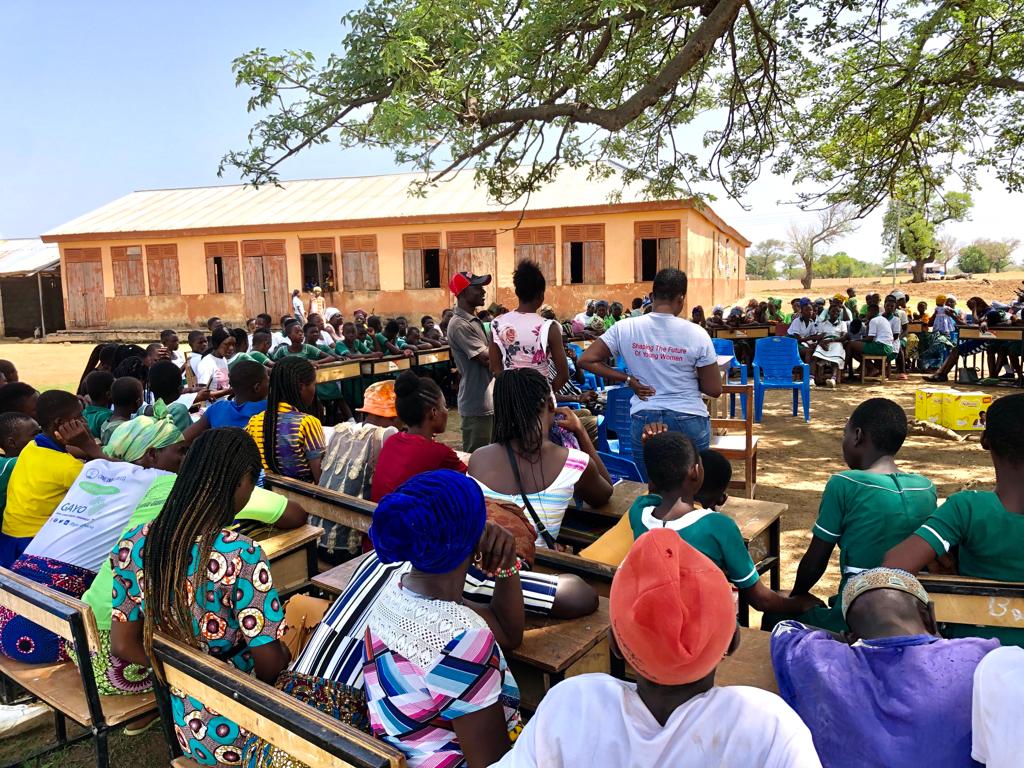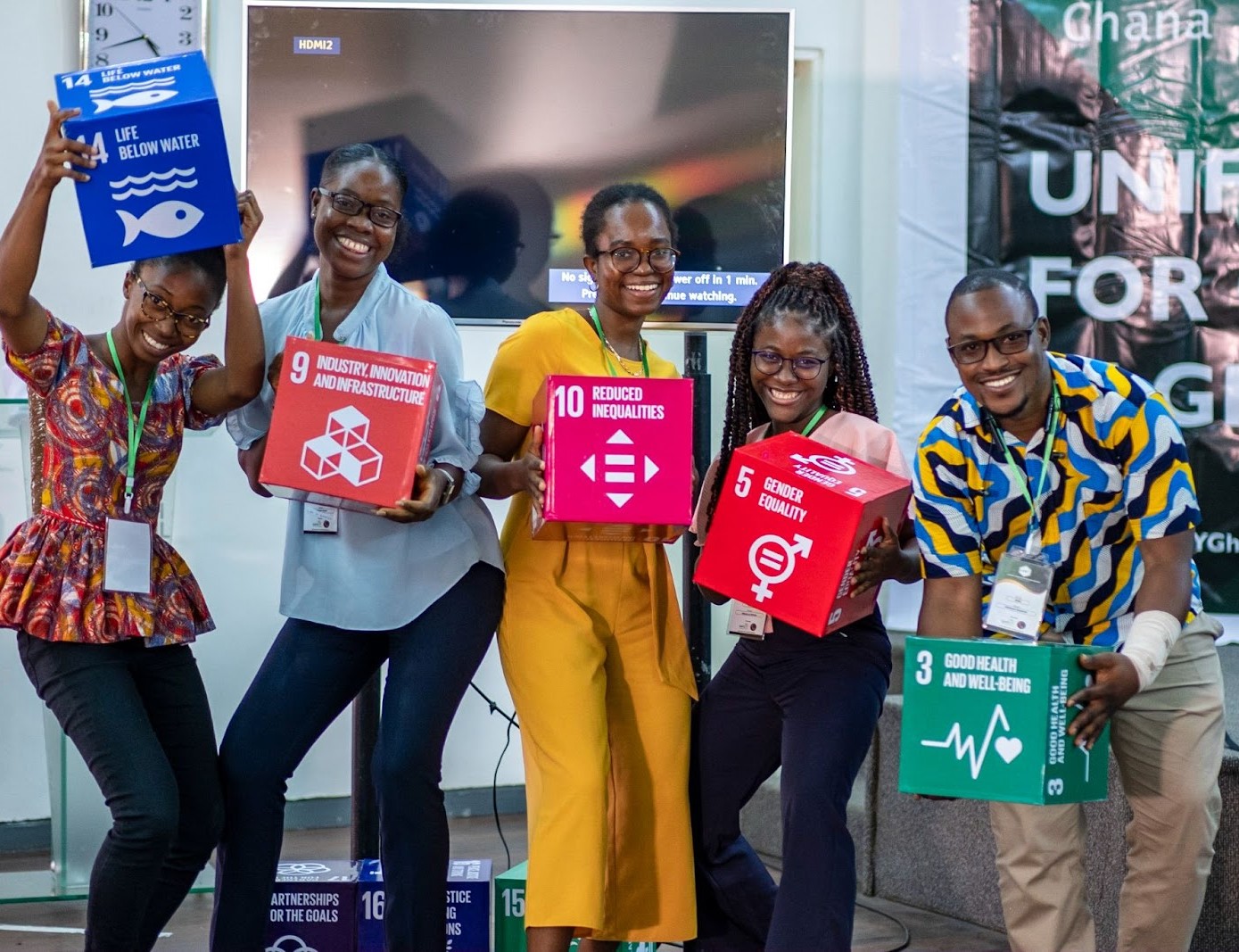Climate Change
We have launched, coordinated, and partnered with industry stakeholders to carry out climate change simulation exercises created by MIT for various stakeholders, and educated over 7,000 youth about climate change. This is part of our escort to promote Ghana's strategies for mitigating and adapting to climate change.
Voices From Our Partners
GAYO is doing an excellent job by providing an enabling platform for educating, inspiring and empowering the current and next generation of African youth with interests in promoting climate action and sustainable transformation of our society.
Dr. Yaw Agyeman Boafo (PhD)
Senior Research Fellow || Coordinator, CCSD Programme
Centre for Climate Change and Sustainability Studies (C3SS)
College of Basic and Applied Sciences
FAQs
What is the difference between weather and climate?
Weather is the short-term state of the atmosphere at a given location while climate is the long-term average weather pattern in a particular region and is the result of interactions among land, ocean, atmosphere, water in its many forms and living organisms
What is climate change?
Climate change is a change in the average temperature and cycles of weather over a long period of time.
What is the difference between global warming and climate change?
Global warming is the long-term heating of Earth's climate system observed since the pre-industrial period (between 1850 and 1900) due to human activities, primarily fossil fuel burning, which increases heat-trapping greenhouse gas levels in Earth's atmosphere whiles Climate change is a change in the average temperature and cycles of weather over a long period of time.
What is the difference between climate change and climate variability?
Global warming is the long-term heating of Earth's climate system observed since the pre-industrial period (between 1850 and 1900) due to human activities, primarily fossil fuel burning, which increases heat-trapping greenhouse gas levels in Earth's atmosphere whiles Climate change is a change in the average temperature and cycles of weather over a long period of time.
How does climate change affect people’s health?
Climate change, together with other natural and human-made health stressors, influences human health and disease in numerous ways. Some existing health threats will intensify and new health threats will emerge.The health effects of these disruptions include increased respiratory and cardiovascular disease, injuries and premature deaths related to extreme weather events, changes in the prevalence and geographical distribution of food- and water-borne illnesses and other infectious diseases, and threats to mental health.
How can climate change risks be reduced?
Climate change risk management approaches generally fall into four broad categories:
- mitigation—efforts to reduce greenhouse gas emissions
- adaptation—increasing society’s capacity to cope with changes in climate
- geoengineering or climate engineering—additional, deliberate manipulation of the earth system that is intended to counteract at least some of the impacts of greenhouse gas emissions
- knowledge-base expansion—efforts to learn and understand more about the climate system, which can help support proactive risk management.
What are the benefits of taking action now?
Building a climate-friendly, low-carbon society and economy is a big challenge, but also a huge opportunity. The main benefits are:
- New jobs and 'green' jobs
- Improved competitiveness
- Economic growth
- Cleaner air and more efficient public transport systems in cities
- New technologies such as electric or plug-in hybrid cars, energy-efficient homes or offices with intelligent heating and cooling systems
- Secure supplies of energy and other resources – less dependent on imports
Subscribe to our newsletter



